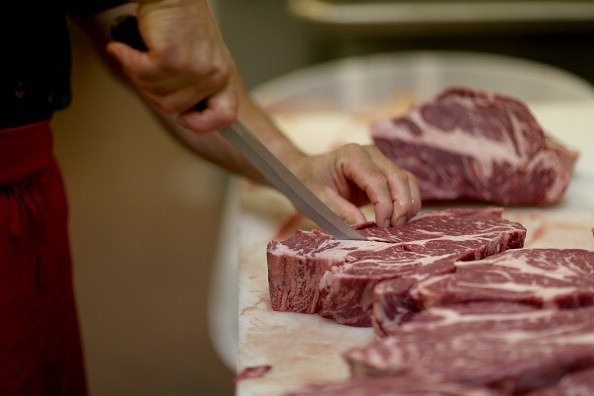
Red Meat Consumption Increases Endometriosis Risk For Women, Concludes 22 Year-Old Study
A 22 year old study (1991-2013) based on the responses of 81,908 women, shows that women who eat more red meat raise the risk of endometriosis.
Endometriosis is a painful disease which is a result of uterus lining growing outside the uterus. There is no definite cure for this disease as of now. It takes almost ten years since the onset of the disease to detect it and 200 million women world over have been diagnosed with this disease. It is estimated to affect one in ten women.
A study in 2013 had shown that two pesticides stored in animal fat elevated women’s risk of endometriosis by up to 70 per cent. The current study was carried out by 'Nurses' Health Study II', one of the largest investigations into the risk factors for major chronic diseases in women.
According to a news report women with high intakes of processed red meats also had an increased risk, but the link between red meat consumption and endometriosis was strongest for non-processed red meats. In particular, among women who had not reported infertility and were more likely to present with pain symptoms.
According to 'Endometriosis News' website the researchers in this study set out to determine whether higher intakes of red meat, poultry, and seafood are associated with a higher risk of endometriosis. The study determined the dietary intake of the respondents using a food frequency questionnaire every four years. Statistical analysis was then used to calculate which food products were more likely to be associated with endometriosis development.
During this time period, 3,800 laparoscopically confirmed cases of endometriosis were reported. The study titled 'A prospective cohort study of meat and fish consumption and endometriosis risk,' was published in the 'American Journal of Obstetrics and Gynaecology'. The study found the association strongest for consumption of non-processed red meats (hamburger, beef/pork/lamb sandwich, pork, beef, and liver). Those women who eat two servings or more of non-processed red meat per day have a 1.57 times higher risk of developing endometriosis than those who have one serving or less a week.